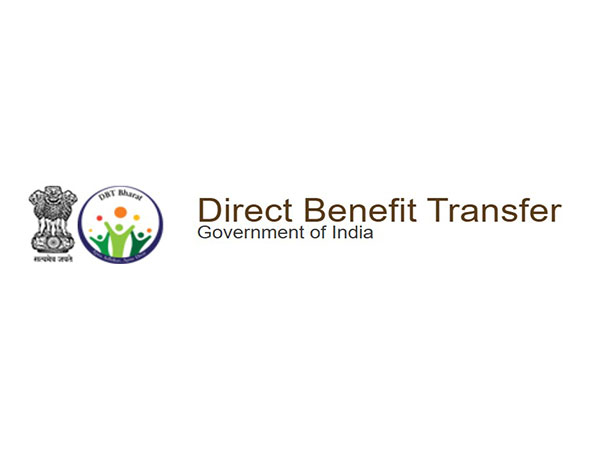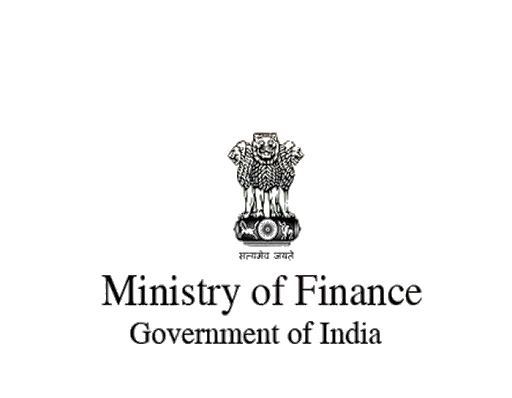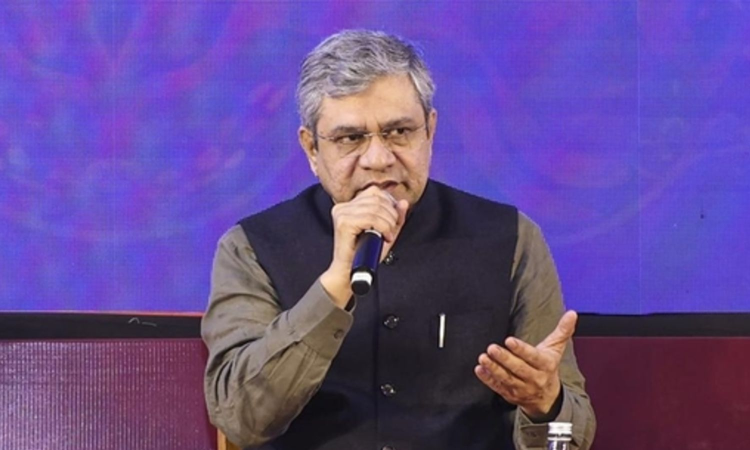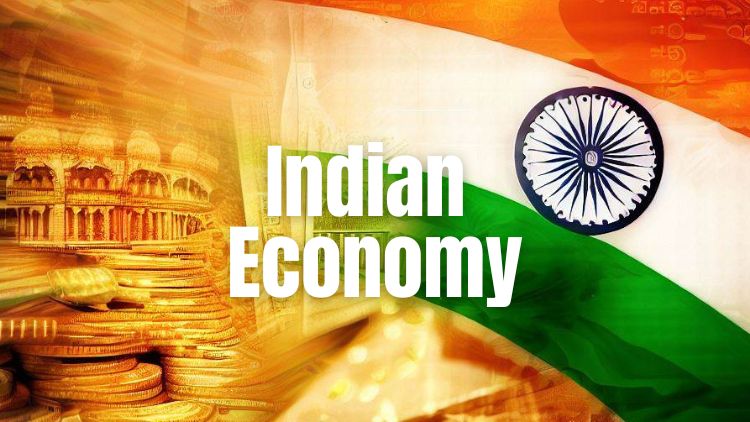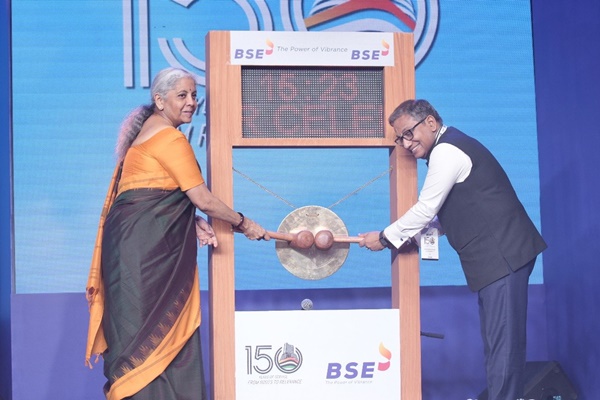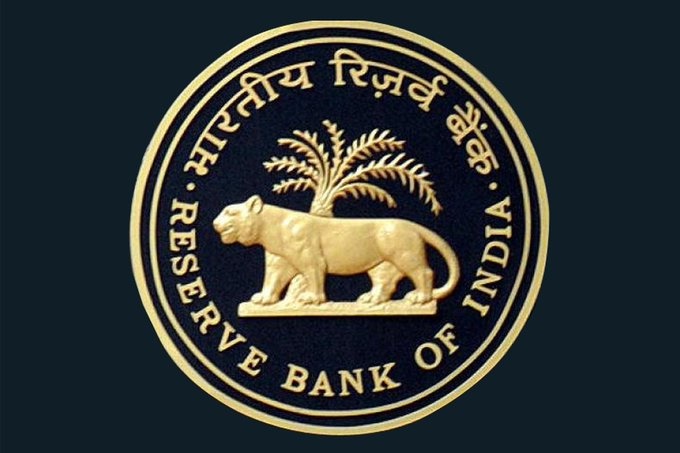Delhi High Court questions 12% GST on sanitary napkins
Thu 16 Nov 2017, 09:48:09

The Delhi High Court on Wednesday questioned the central government’s decision to impose 12 per cent tax on sanitary napkins under the GST regime, saying it has exempted “bindi, kajal, sindoor” which seem more essential than sanitary napkins.
The court said the government needs to look towards reducing GST on sanitary napkins as it has done recently for many products.
During the hearing, the court asked the Centre whether it had discussed with the Ministry of Women and Child Development before imposing 12 per cent tax on sanitary napkins.
The court also asked whether the price of sanitary napkins has been increased after GST.
Responding to the court’s query, counsel for the Goods and Services Tax Council told the court that if GST on sanitary napkins is reduced, it would apply even for the raw material involved, which will increase the input tax credit due to addition of financial cost in form of interest burden, hence put local manufacturers at a disadvantage in comparison with importers.
In an affidavit, the GST Council said that in pre-GST era, sanitary napkins attracted concessional excise duty of 6 per cent and 5 per cent VAT and “the pre-GST estimated total tax incidence on sanitary napkins was 13.68 per cent. Keeping such pre-GST tax
incidence in view, the GST Council has recommended 12 per cent GST on sanitary napkins”.
incidence in view, the GST Council has recommended 12 per cent GST on sanitary napkins”.
The Council also said that the basis of arriving at tax rates takes into account not only the use of the goods and services but also their pre-GST tax incidence and mode of production.
Seeking dismissal of the plea, the GST Council said that to treat sanitary napkins as a separate set would be arbitrary and discriminatory.
“The levy on sanitary pads, like others levies, enhance reserves, which in turn facilitate provision of various educational and medical facilities which facilitate effective exercise of reproductive rights by enabling the state to marshal its resources,” it added.
The affidavit was filed on a petition by Zarmina Israr Khan, PhD scholar in African studies at the Jawaharlal Nehru University here, contending that discriminatory and illegal treatment was being meted out to women by an “unconstitutional and illegal imposition of 12 per cent tax” on sanitary napkins.
The GST, which came into force across the country on July 1, is a unified indirect tax system on various goods and services.
Khan’s lawyer Amit George told the bench that 12 per cent tax makes no distinction between high and low-cost sanitary napkins.
No Comments For This Post, Be first to write a Comment.
Most viewed from Business
AIMIM News
Latest Urdu News
Most Viewed
May 26, 2020
Do you think Canada-India relations will improve under New PM Mark Carney?
Latest Videos View All
Like Us
Home
About Us
Advertise With Us
All Polls
Epaper Archives
Privacy Policy
Contact Us
Download Etemaad App
© 2025 Etemaad Daily News, All Rights Reserved.




